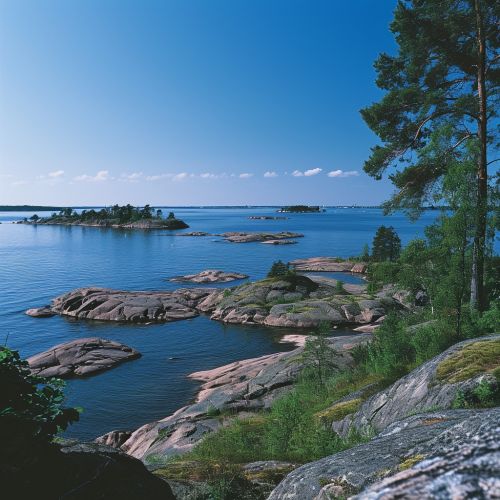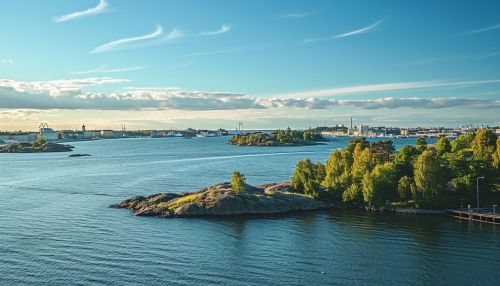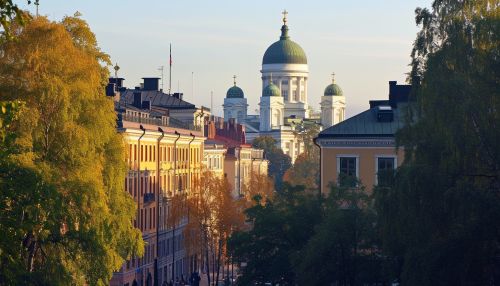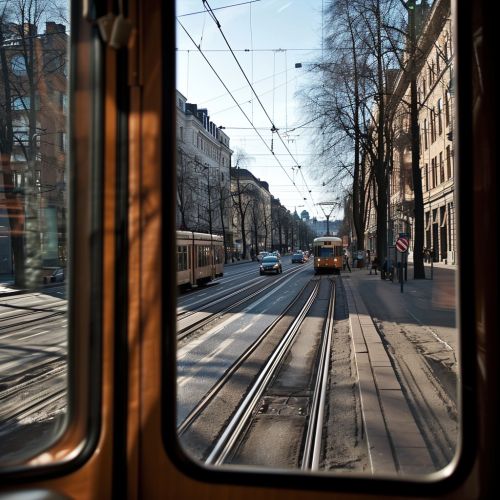Helsinki
Geography
Helsinki, the capital city of Finland, is located in the southern part of the country, on the shore of the Gulf of Finland. The city spans over 300 islands and peninsulas, creating a unique coastal landscape. The city's geographical coordinates are 60°10′15″N 24°56′15″E.


History
The history of Helsinki dates back to the 16th century when King Gustav I of Sweden, the country that ruled Finland at the time, founded the city as a trading town. However, it wasn't until Russia annexed Finland in the early 19th century that Helsinki gained prominence. Tsar Alexander I of Russia moved the Finnish capital from Turku to Helsinki in 1812, aiming to reduce Swedish influence and bring the capital closer to Saint Petersburg.
Architecture
Helsinki is renowned for its distinctive architecture, which reflects the city's rich history and cultural influences. The cityscape is a blend of neoclassical buildings, such as the Helsinki Cathedral, and modernist designs like the Finlandia Hall by renowned Finnish architect Alvar Aalto. Helsinki's architecture also showcases the influence of the Art Nouveau style, particularly in the Katajanokka district.


Economy
As the economic hub of Finland, Helsinki contributes significantly to the country's GDP. The city is a major center for industries such as information technology, finance, and healthcare. Many international companies have their regional headquarters in Helsinki, including Nokia and KONE. The city is also a significant player in the startup scene, with a vibrant ecosystem supporting innovation and entrepreneurship.
Culture
Helsinki boasts a rich cultural scene, with numerous museums, galleries, and theaters. The city is home to the Finnish National Gallery, which houses the Ateneum Art Museum, the Museum of Contemporary Art Kiasma, and the Sinebrychoff Art Museum. The city's music scene is diverse, ranging from classical music performed by the Helsinki Philharmonic Orchestra to contemporary genres such as jazz, pop, and rock.
Education
Helsinki is a major center for higher education and research in Finland. The city hosts two of the country's most prestigious universities, the University of Helsinki and Aalto University. These institutions are renowned for their research output and have a significant impact on the city's intellectual and cultural life.
Transportation
Helsinki has an efficient and comprehensive public transportation system, which includes buses, trams, metro, and commuter trains. The city's transportation network is managed by the Helsinki Regional Transport Authority (HSL). Additionally, the Port of Helsinki is one of the busiest passenger ports in Europe, serving as a major gateway for international travel.

